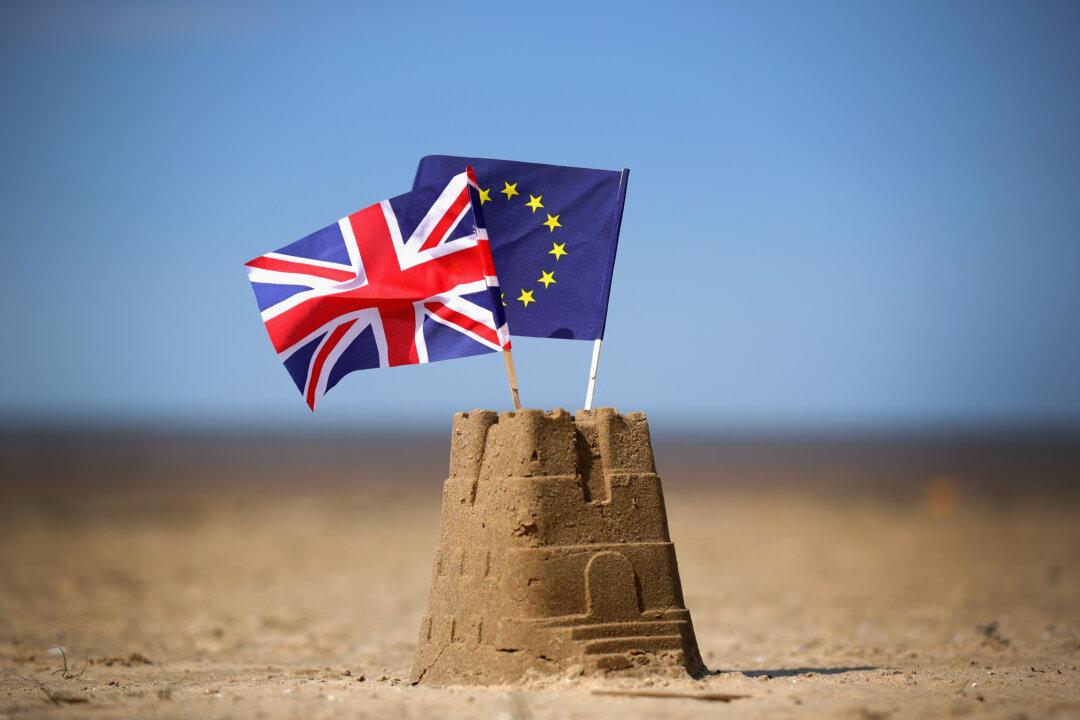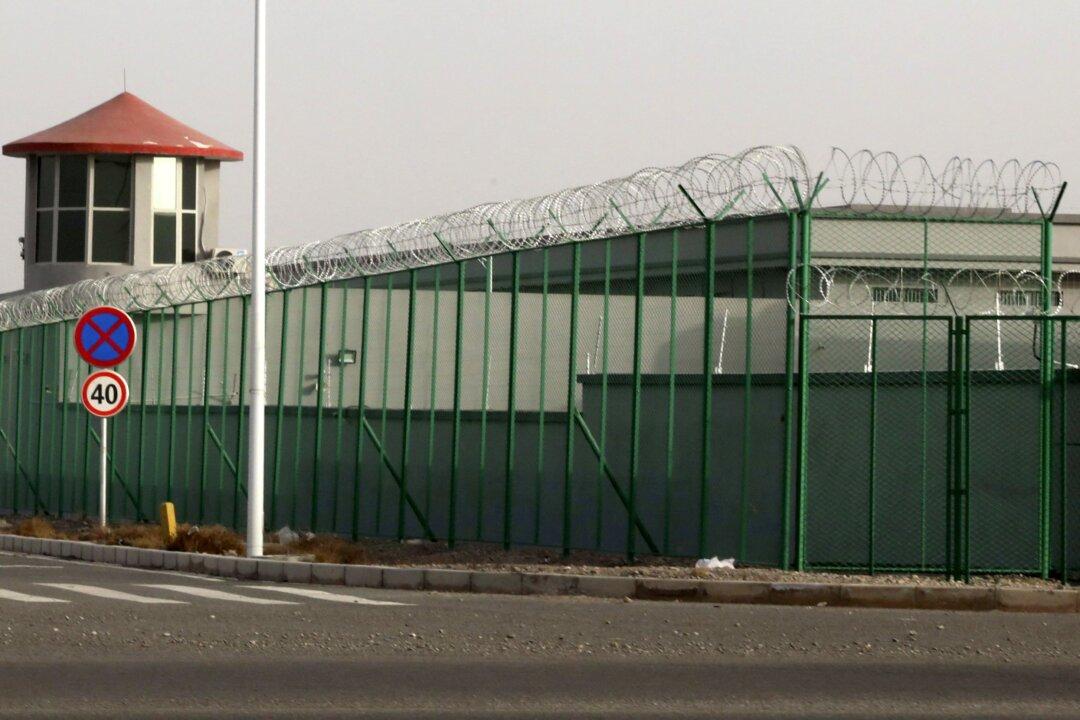In just over two weeks, British voters will resolve a question that’s been simmering close to the surface of politics there for a generation: Should the country remain within the European Union, or leave and go it alone?
A recent Manchester Guardian survey indicated that voters were split 52–48 percent in favor of leaving.
If they vote accordingly in their national referendum on June 23, EU-busters, including Vladimir Putin in Moscow, Marine Le Pen in Paris, and Donald Trump in New York, will be delighted. German Chancellor Angela Merkel, most European leaders, and many friends of Britain around the world would be disappointed.





